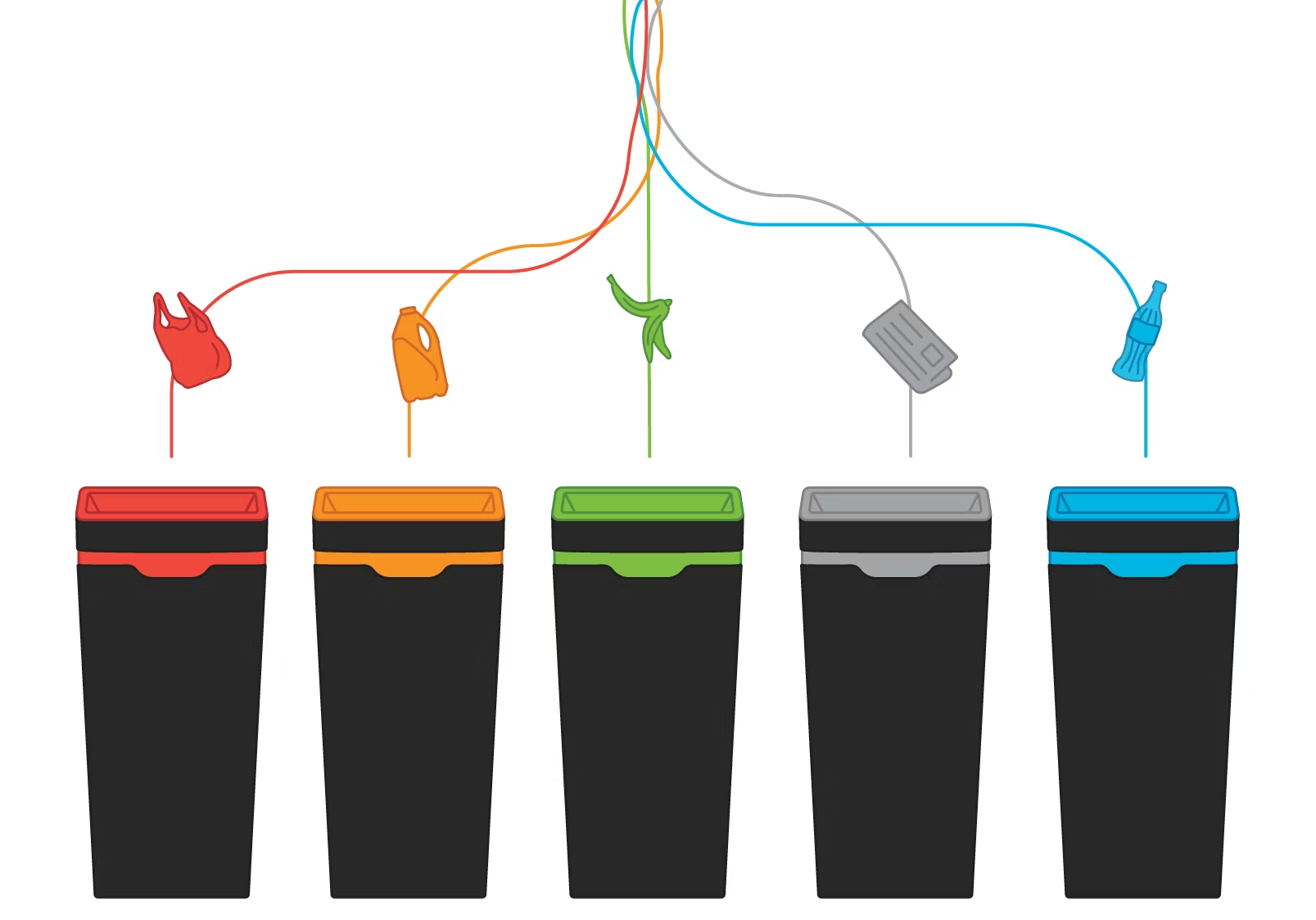
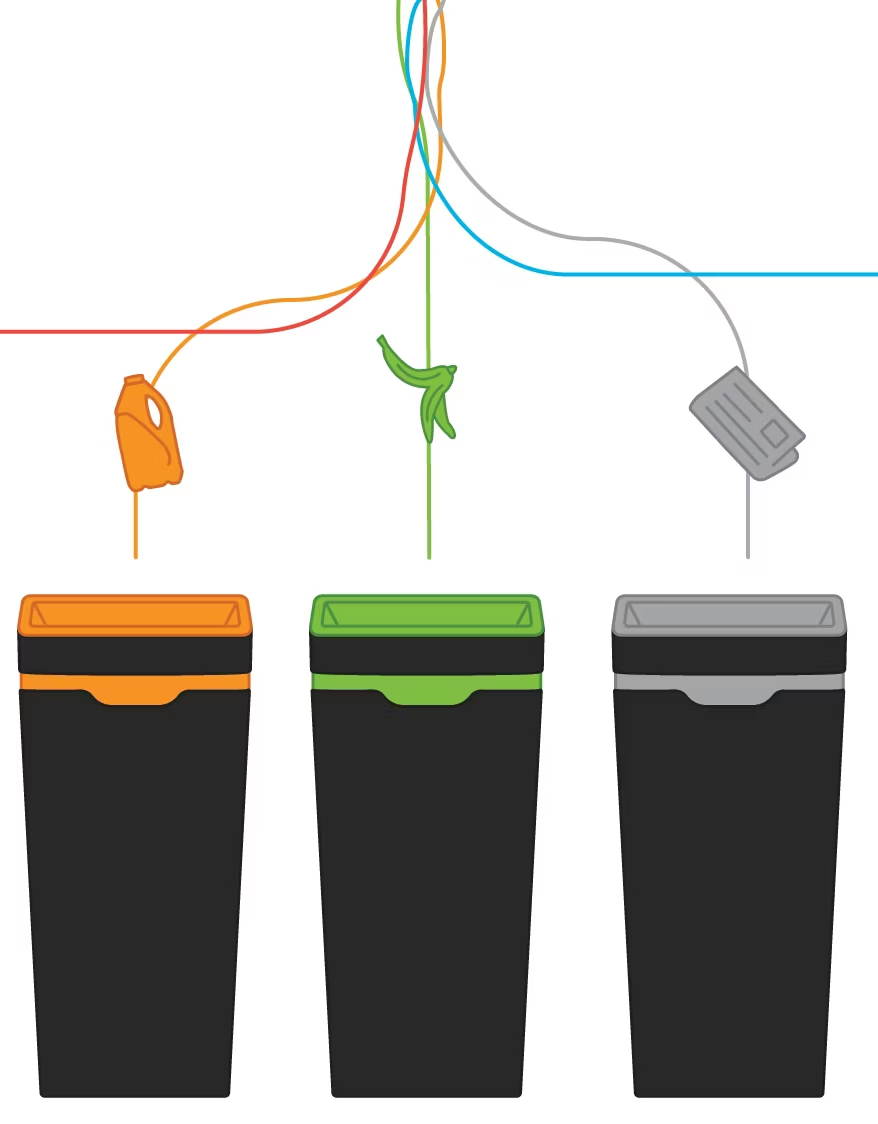
Blogs
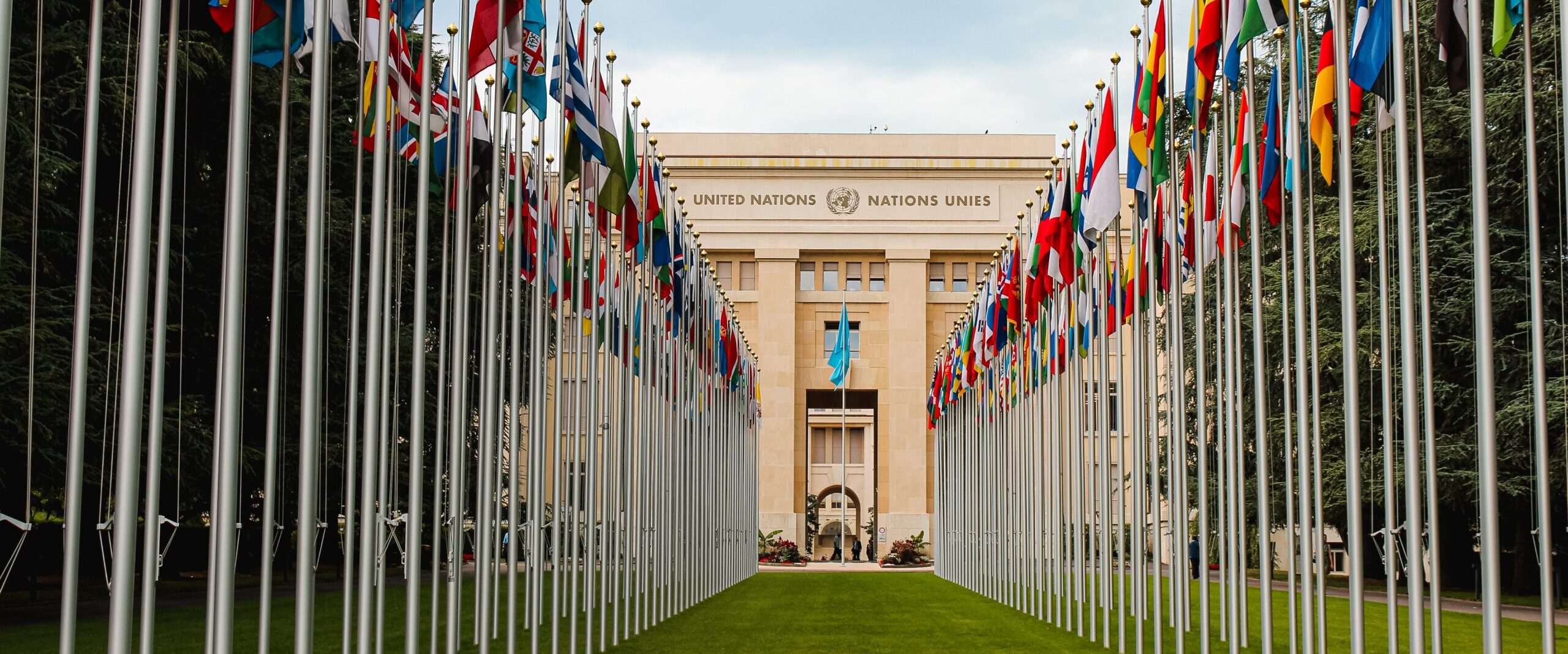
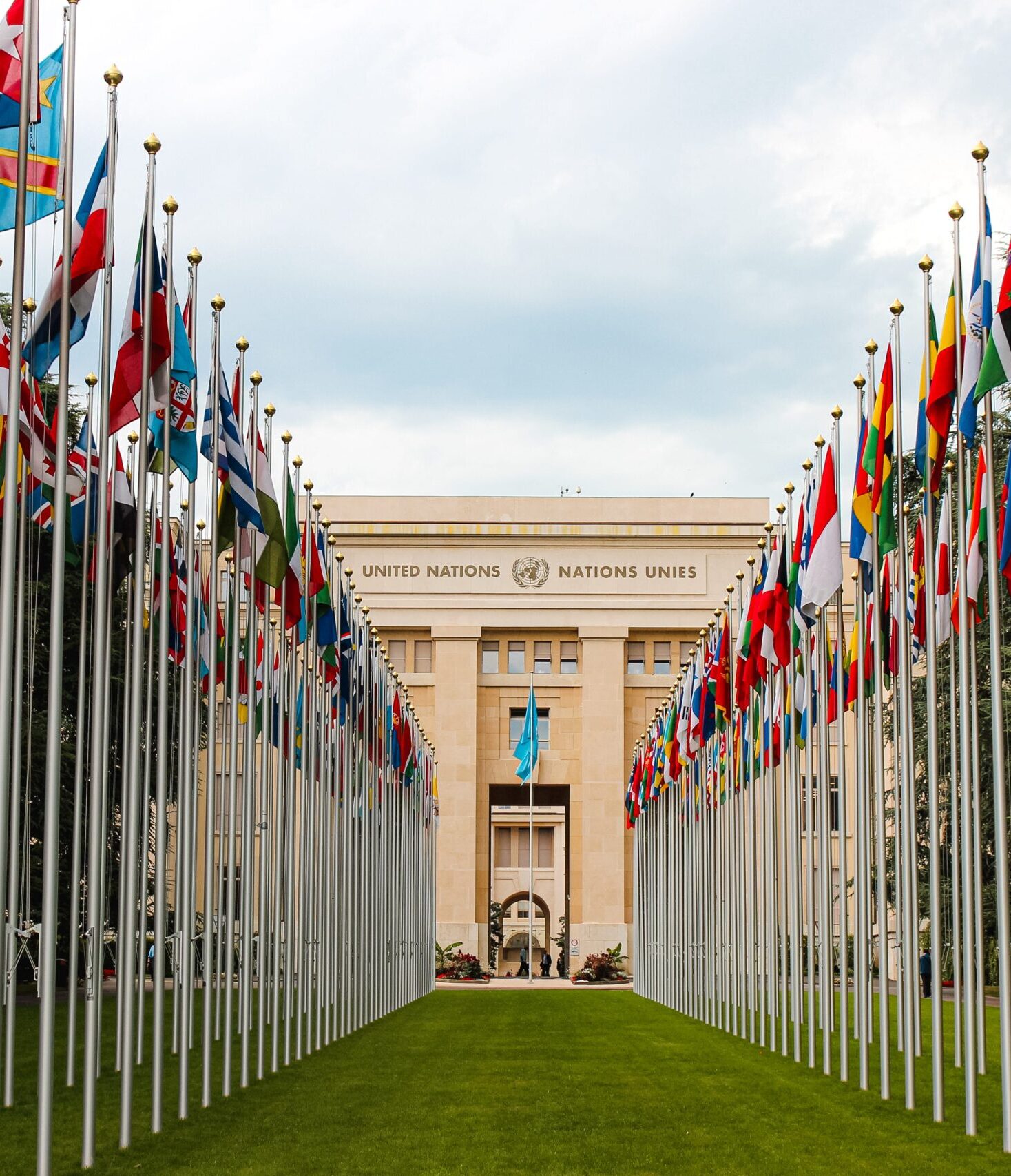
Blogs | News updates
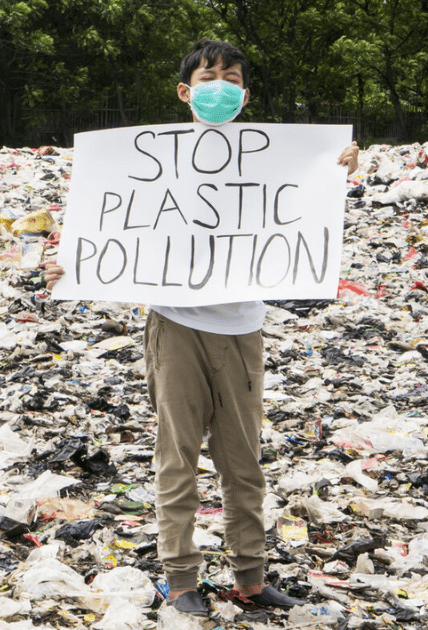
Last week, Geneva could have been the stage for a historic moment: the final negotiation round for a global, legally binding treaty to end plastic pollution. Countries from all over the world came together with one mission: to stop plastic pollution. But that mission has (for now) failed.
There was no agreement. No signatures, no concrete commitments, no end to the endless stream of plastic invading our oceans, streets, and even our bodies.
So now what?
What was at stake?
Since 2022, the UN has been working on a global plastic treaty. The goal? To make agreements on the entire lifecycle of plastic from production to waste management. Not just more recycling, but truly preventing plastic pollution.
In Geneva, there was a unique chance to:
Why did the negotiations fail?
Talks broke down due to fundamental differences. While many countries, including EU member states, Canada and island nations, pushed for strict, binding measures, countries like the US, Saudi Arabia, and Russia were on the opposite side.
What stood out: the countries most opposed to production limits are also home to major oil and chemical industries. For them, plastic is big business. And so the focus shifts: better waste processing instead of producing less plastic. Voluntary actions instead of legally binding rules.
The result? Eleven days of talks, no solid agreements. Two draft texts were presented, but both were rejected. The negotiations officially ended without even setting a date for the next round.
Let’s be clear: this isn’t just a missed opportunity. It’s a delay of action we urgently need. Meanwhile, the effects of plastic pollution grow more visible and more harmful, every day.
It’s painful to watch industry interests win over people and the planet. Countries block progress, while others are ready to act. And the health risks of microplastics, damage to ecosystems, and massive cleanup costs are brushed aside.
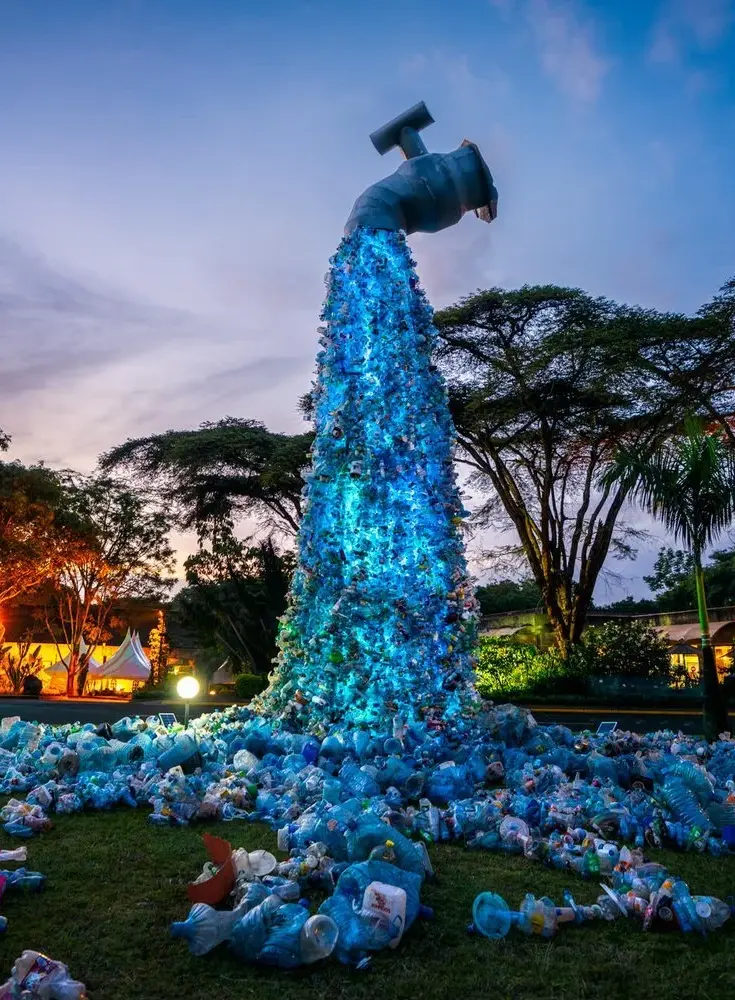
It means:
No agreement, but plenty of action
Yes, it’s disappointing there’s no treaty yet. As plastic pollution worsens by the day, we’re still waiting for a global solution. But at BINBIN, we’re not waiting.
Because if it’s not happening at the global level (yet), we’ll take action locally. We believe in action over inaction. In treating waste as a valuable resource. In smart solutions that work now not someday. And we’re not alone.
Across the world, change is already happening. Not around negotiation tables, but on the streets, in businesses, in local governments, and with people like you.
Here’s where the real movement starts:
That’s the direction we need to go. And the good news? You can join in today.
The world might still be waiting, but you don’t have to. Every step towards less plastic counts. Whether you’re building a brand, writing policy, or just want to live more consciously, you can make a difference. Learn more about sustainable practices at BINspiration
Let’s create real, circular solutions. Together.
Other articles